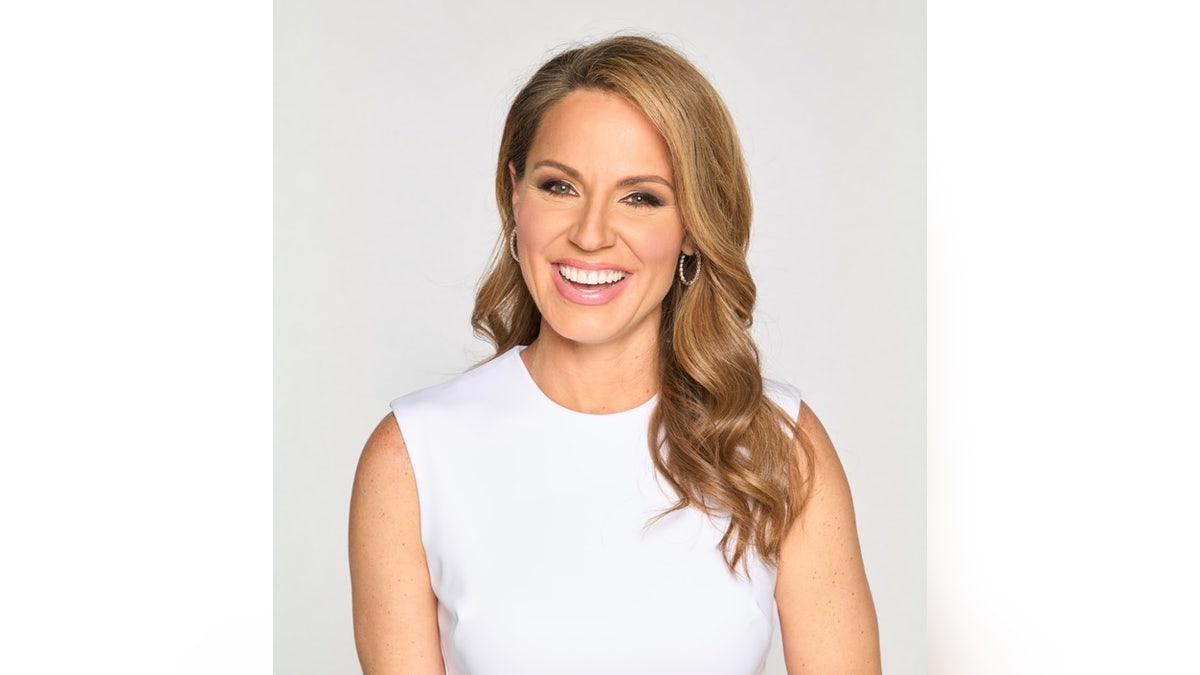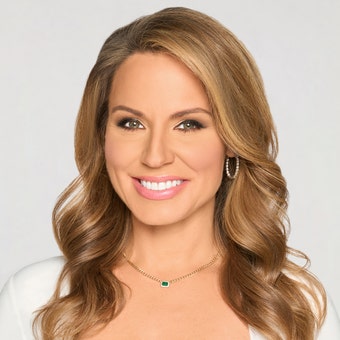Study links faith to a happier, healthier life
Fox News medical contributor Dr. Nicole Saphire on her new book 'Love, Mom' and the significance of faith on mental well-being
Today, so many aspects of our lives are defined by technological advancements, rapid societal change, and a relentless pursuit of material success. Yet, the importance of having faith in fostering overall happiness has never been more important.
Faith, whether grounded in religious convictions, spiritual beliefs, or a trust in the inherent goodness of humanity, serves as a cornerstone of emotional resilience, mental well-being, and existential fulfillment.
However, amidst the clamor of modern life, there appears to be a discernible shift away from prioritizing faith as a central aspect of our lives.
In today's fast-paced and increasingly secularized world, there has been a noticeable shift in the degree to which people prioritize their faith compared to previous generations. While religious and spiritual beliefs have historically played a central role in shaping individual identities and societal norms, contemporary society has witnessed a gradual erosion of traditional religious adherence. At the same time, we are seeing a parallel rise in mental illness, loneliness and other mental and physical illnesses.
THE ONE WORD MOST MOTHERS IGNORE THAT LEADS TO ALL KINDS OF TROUBLE
Factors such as globalization, insertion of extreme policies in the education system and social media have influenced our younger generations and caused them to question the importance of faith.
As I transitioned into adulthood and pursued a career in medicine, my faith continued to guide me, instilling in me a sense of compassion, empathy, and resilience.
As a result, fewer people today find themselves deeply rooted in religious communities or actively engaged in spiritual practices, opting instead for a more eclectic or agnostic approach to matters of faith. However, it is important to note that while organized religion may be declining in some regions, spirituality, and the quest for meaning remain enduring aspects of the human experience, albeit expressed in increasingly diverse and individualized ways.
As a pregnant teenager facing uncertainty and societal judgment, I found solace and strength in my faith, which became an unwavering source of support throughout my journey. Despite the challenges and stigma, I drew upon my spiritual beliefs to navigate the difficult decisions ahead, finding reassurance in the belief that every trial has a purpose and that I was not alone in my struggles.
As I transitioned into adulthood and pursued a career in medicine, my faith continued to guide me, instilling in me a sense of compassion, empathy, and resilience. Today, as a doctor delivering cancer diagnoses nearly every day, I often witness firsthand the profound impact of illness and suffering on individuals and their loved ones. In these moments of vulnerability, I lean on my faith to provide comfort, hope, and guidance, reminding myself of the inherent dignity and worth of every human being and the importance of walking alongside others in their darkest hours.
At its core, faith offers a profound sense of purpose and meaning, anchoring individuals amidst the uncertainties of existence. In times that challenge us, whether grappling with personal loss, navigating through tumultuous circumstances, or confronting existential questions, faith provides comfort and resilience. It also fosters a sense of belonging to a larger, interconnected tapestry of humanity, offering reassurance that one is not alone in their journey.
Because of this, the positive correlation between faith and mental wellness is well documented. Faith provides a framework for coping with stress, anxiety, and depression, offering a sense of inner peace and a sense of belonging. Through prayer, meditation, or communal worship, individuals find avenues for self-reflection, introspection, and transcendence, nurturing a sense of harmony within themselves and with the world around them.
CLICK HERE FOR MORE FOX NEWS OPINION
Faith also has profound implications for physical health. Research suggests that individuals with strong spiritual beliefs have lower levels of stress hormones, reduced rates of cardiovascular disease, and enhanced immune function.
In my new book "Love, Mom," a beautiful collection of motherhood stories, a common thread emerged among the diverse narratives: the transformative power of faith in providing strength and resilience during the most challenging moments of parenting. From the sleepless nights of infancy to the tumultuous teenage years, these stories offer a candid exploration of the joys and struggles inherent in raising children. Amid the trials of motherhood, each chapter describes how these women find solace and strength in their faith.

Nicole Saphier, M.D. has served as a FOX News Channel (FNC) contributor since 2018, breaking down the latest medical news across all platforms.
In the center of this book is a collection of scripture and sage words of advice submitted by each of the moms. My Fox News colleagues Ainsley Earhardt, Kayleigh McEnany, Carley Shimkus, Janice Dean, Martha MacCallum and many others joined me in sharing their favorite insertions to share with others. In sharing their experiences, they bear witness to the enduring power of faith to sustain and uplift, transforming the ordinary moments of motherhood into sacred acts of love and devotion. One that I personally find comfort in when I find myself questioning myself is:
"I am with you; do not be dismayed, for I am your God. I will strengthen you and help you; I will uphold you with my righteous right hand." Isaiah 41:10
CLICK HERE TO GET THE FOX NEWS APP
In a world marked by uncertainty, turmoil, and rapid change, the role of faith in overall wellness and happiness remains as relevant as ever.
By nurturing our faith, we cultivate the seeds of compassion, resilience, and inner peace, enriching not only our own lives but also the lives of those around us.




